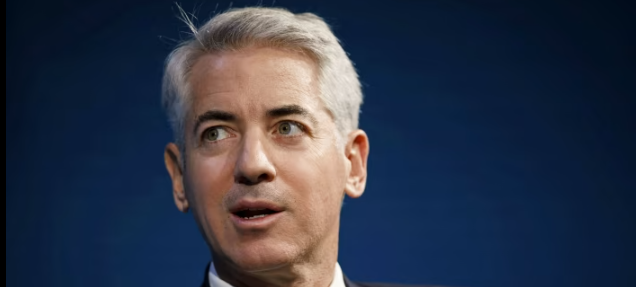
Campus Controversy Ignites National Debate: Reexamining Antisemitism and the Role of Diversity Initiatives in Ivy League Institutions
The recent developments surrounding the topic of antisemitism on college campuses, particularly in the Ivy League, have ignited a heated debate. The incident that sparked this discussion involved the presidents of the University of Pennsylvania, Harvard, and MIT being questioned by Rep. Elise Stefanik about their stance on antisemitism. Their response, or lack thereof, to whether calls for Jewish genocide violate university rules against bullying and harassment has been met with widespread criticism.
Bill Ackman, a hedge fund billionaire, expressed his dismay on Twitter, emphasizing that such ambivalence from university leaders is unacceptable and contributes to the rise of antisemitism. He noted that if a CEO in his company responded similarly, they would be dismissed promptly. Ackman’s comments reflect a broader concern about the leadership in educational institutions and their handling of sensitive issues like antisemitism.
Saagar Enjeti, a journalist and Ackman’s colleague, added another layer to the conversation. He argued that the problem isn’t just about including Jewish communities in the Diversity, Equity, and Inclusion (DEI) initiatives but that the DEI framework itself might be flawed and un-American. Enjeti’s perspective suggests that the issue goes beyond individual incidents of antisemitism and taps into a more profound critique of current cultural and educational ideologies.
This situation raises critical questions about the role of university leadership in shaping social and moral standards. Are academic institutions failing in their duty to uphold fundamental values of fairness and equality? The controversy also challenges the effectiveness of DEI initiatives and whether they are equipped to address all forms of discrimination and prejudice, including antisemitism.
Furthermore, the incident has prompted reflections on the broader cultural and political landscape, especially regarding the treatment of different social groups. Jonathan Haidt, a professor advocating for free speech on campus, pointed out the apparent double standard in addressing microaggressions against certain groups while seemingly overlooking threats against Jews. This discrepancy indicates a potential bias in how institutions address issues of discrimination and hate speech.
In conclusion, the ongoing debate around antisemitism on Ivy League campuses is more than an isolated incident. It reflects broader societal and cultural challenges, questioning our educational institutions’ ability to foster a truly inclusive and equitable environment. This situation calls for a reevaluation of our current educational and social frameworks, potentially prompting significant changes in how we address diversity and inclusion in society.


Average Rating